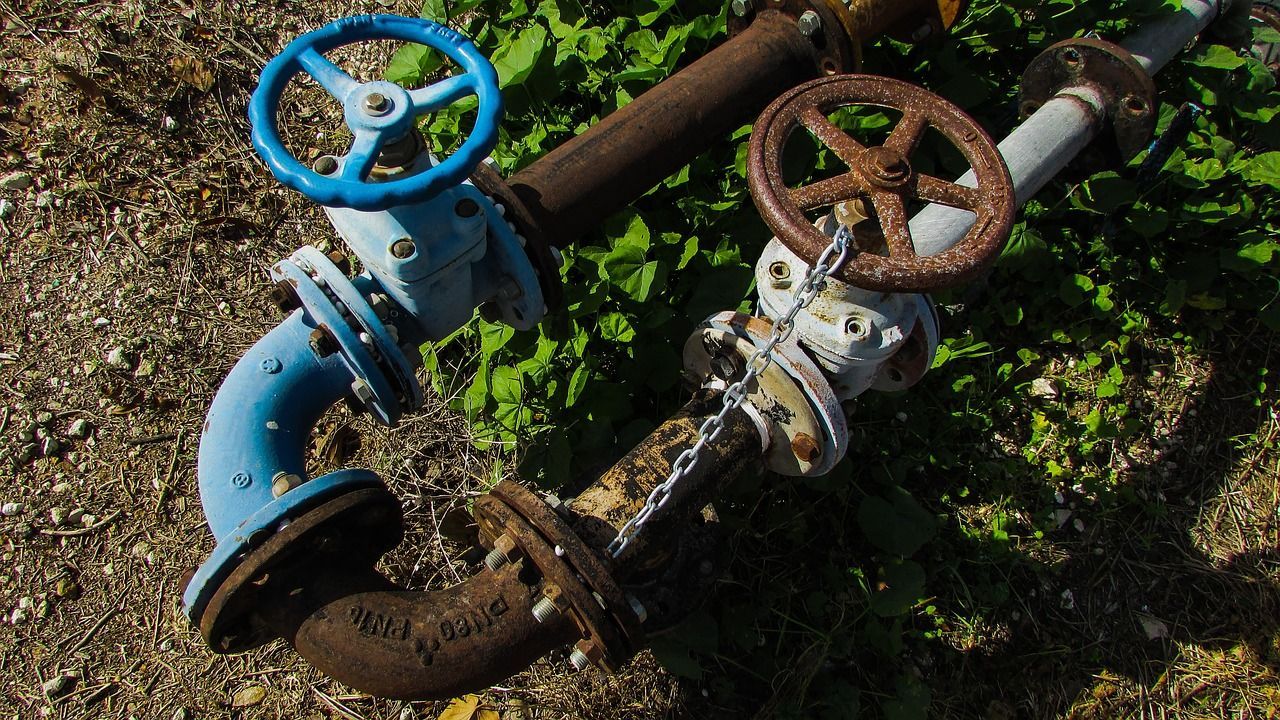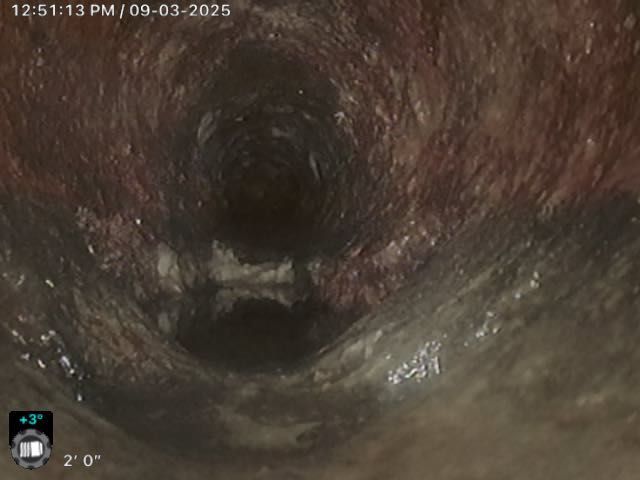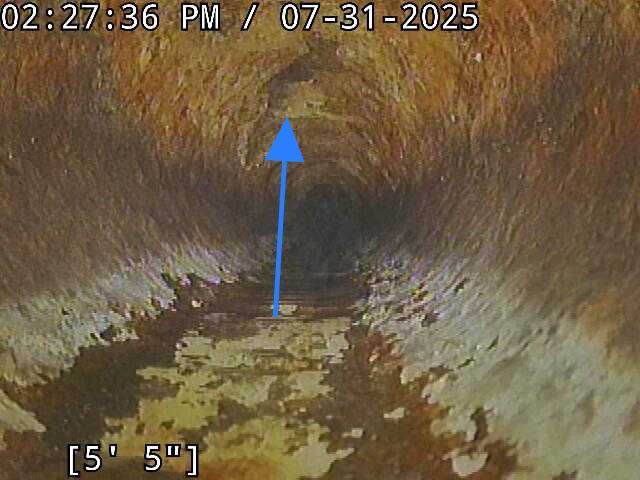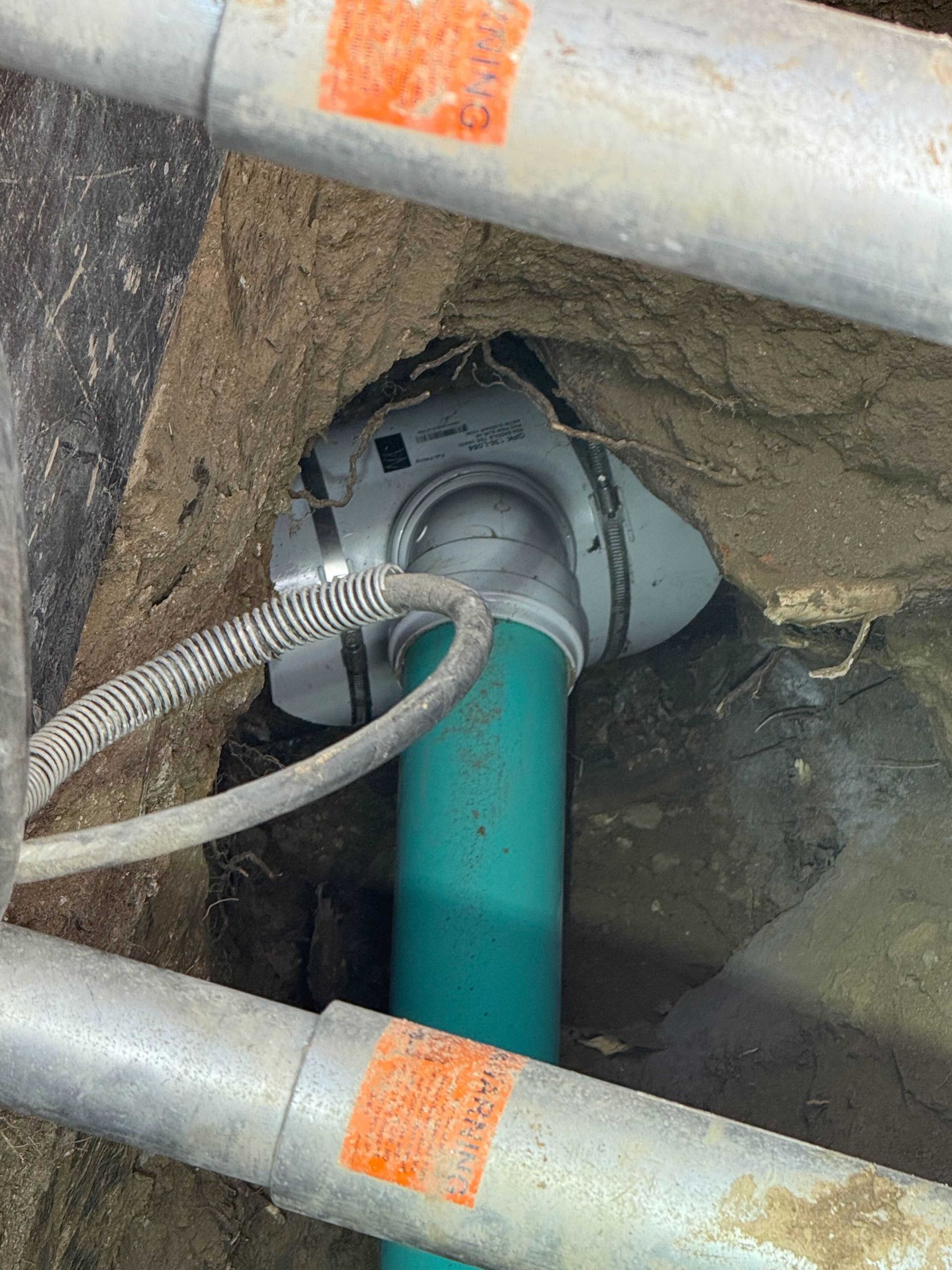
Maintaining a residential sewer line may not be at the forefront of every homeowner's mind, but it is crucial to prevent costly repairs and ensure efficient household functioning. This article provides essential preventative measures that homeowners can take to avoid significant expenses and disruptions associated with sewer line damages.
Understanding Residential Sewer Systems
Before diving into preventative measures, it's important to understand the basics of a residential sewer system. A sewer line is the primary conduit for disposing of wastewater from your home to municipal treatment systems or septic tanks. It's often buried underground, making it susceptible to various issues that can lead to extensive and expensive repairs.
1. Regular Inspection and Maintenance
The first and most effective preventive measure is regular inspection and maintenance of your sewer system:
- Routine Checks: Have a professional inspect your sewer lines every 1-2 years to catch issues early.
- Camera Inspections: Utilizing camera inspections can help spot potential problems like cracks, blockages, and tree root intrusions before they worsen.
2. Proper Disposal Habits
What goes down your drains significantly impacts the health of your sewer lines:
- Avoid Harsh Chemicals: Chemical drain cleaners can corrode pipes over time. Opt for enzyme-based cleaners that break down clogs without damaging pipes.
- Mind What You Flush: Only human waste and toilet paper should be flushed. Avoid disposing of items like wipes, feminine hygiene products, and cotton swabs in the toilet.
- Kitchen Waste Management: Do not pour grease, oils, or food scraps down the kitchen drain. These can solidify and cause blockages.
3. Managing Tree Roots
Tree roots seeking moisture can invade sewer lines, causing significant damage:
- Choose Sewer-Safe Plants: Plant trees and large shrubs away from sewer lines to minimize root interference.
- Root Barriers: Install physical barriers that deflect roots deeper into the ground, away from sewer pipes.
- Regular Root Maintenance: If trees are near sewer lines, consider periodic root treatments that kill roots within pipes without harming the tree itself.
4. Upgrading Old Pipes
Older homes with aging sewer systems are more prone to problems:
- Pipe Material Assessment: Know the type of pipes used in your sewer system. Clay and older concrete pipes are more susceptible to breaks and cracks.
- Consider Pipe Relining: Relining involves inserting a new pipe liner into existing pipes to reinforce them without the need for extensive excavation.
- Replacement of High-Risk Sections: Proactively replace sections of pipe that are historically problematic or made of inferior materials.
5. Water Usage Management
Managing the volume and flow of water through your pipes can prevent undue pressure on the sewer system:
- Install Water-Saving Fixtures: Use low-flow toilets, showerheads, and faucets to reduce the volume of water entering the sewer system.
- Proper Appliance Maintenance: Ensure that all water-using appliances are in good working order to prevent leaks and bursts that can overload sewer lines.
6. Awareness and Immediate Response
Recognizing early signs of sewer line issues can prevent larger problems:
- Signs of Trouble: Be aware of warning signs such as unusual odors, slow drains, and lush patches in the yard.
- Immediate Action: Address small problems immediately before they escalate. A delayed response can multiply repair costs exponentially.
Preventative maintenance is key to avoiding costly repairs in residential sewer lines. By understanding and implementing the measures outlined above, homeowners can maintain their sewer systems effectively, extending their life and functionality. Regular professional assessments, mindful disposal habits, and proactive upgrades are all crucial elements in safeguarding against sewer line problems. Remember, an ounce of prevention is worth a pound of cure, especially when it comes to maintaining your home's essential systems.
Nathan Fairchild
CEO, Denver Sewer Experts
Website:
denversewerpros.com
Email: admin@denversewerpros.com
Phone: (720) 364-4891
You might also like


